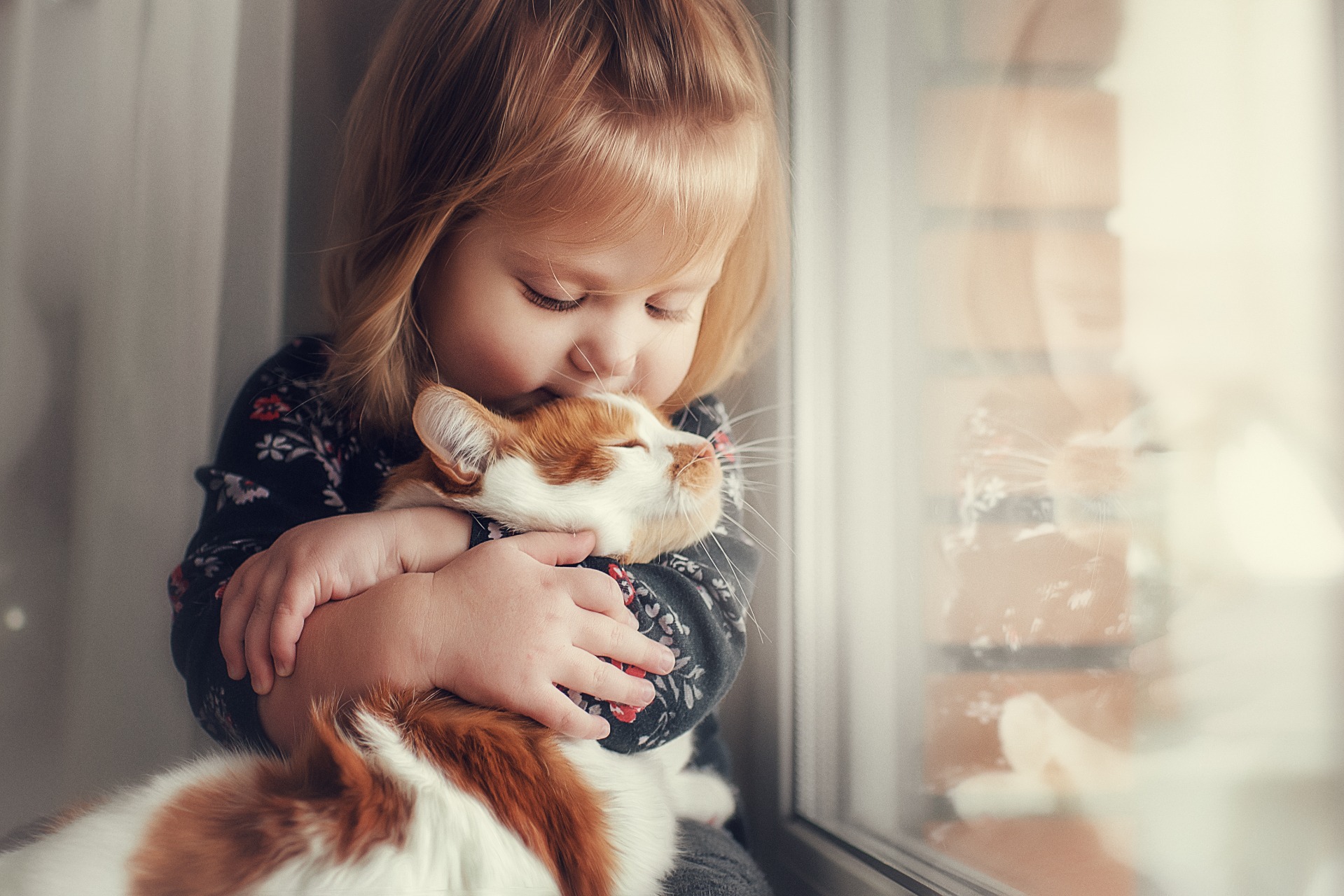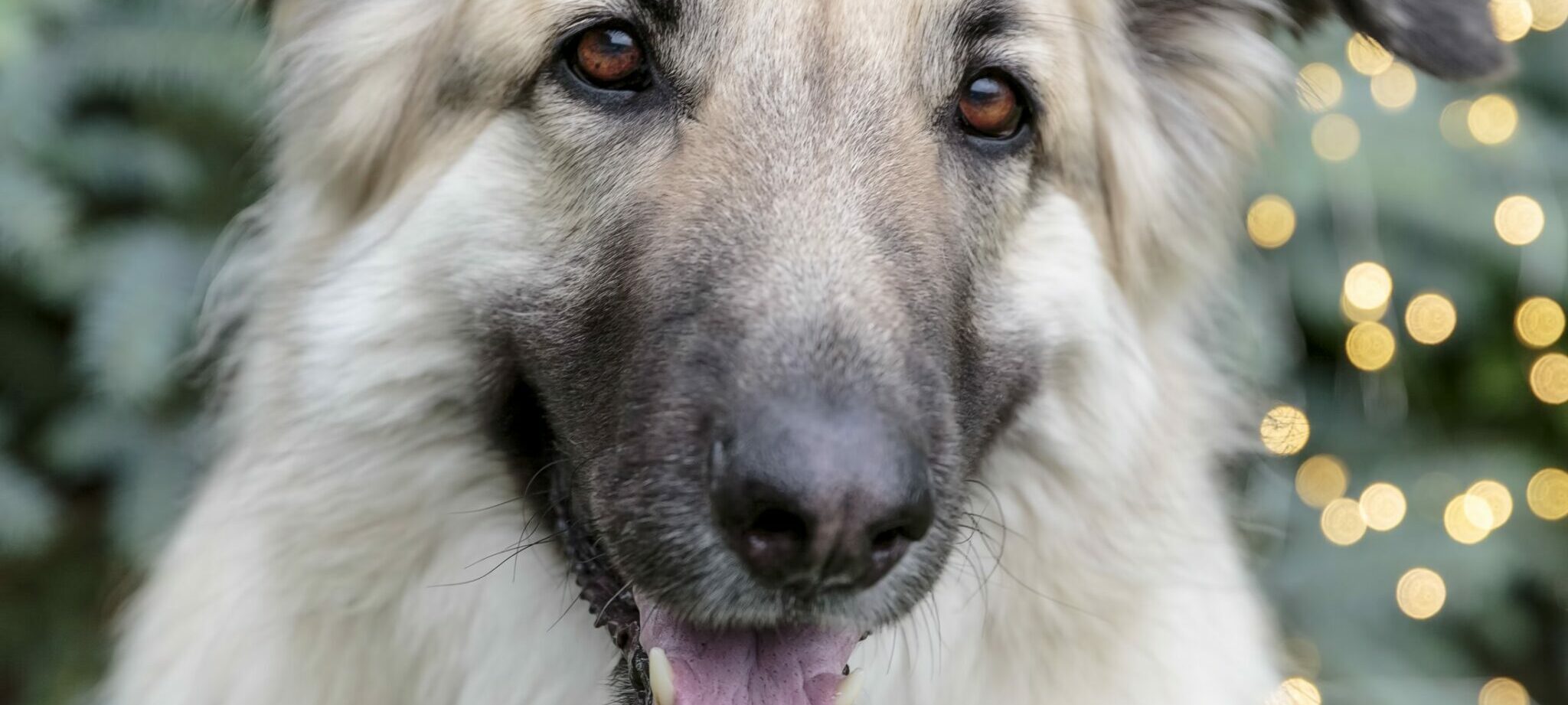
03 Aug My Cat Has Either Stomatitis, Gingivitis, or Periodontitis.. and I Have Money’itis’! Should I Proceed?
We see a lot of cats with either generalized gingivitis, stomatitis, or periodontitis diagnosed by our specialist team. I will briefly address each one but the bottom line is, our recommendation is for multiple oral surgical extractions or even full-mouth extractions for your family cat.
I have written previous blogs regarding cats with gingivostomatitis and generalized gingivitis. I have even written an article for a veterinary peer-review journal regarding this subject matter. (Chronic Feline Gingivostomatitis: Proven Therapeutic Approaches and New Treatment Options.)
What is the difference between gingivitis, stomatitis, and periodontis?
Gingivitis is the painful inflammation of the gingiva without any bone loss. Gingivostomatitis is inflammation of that same gingiva but also the above unattached gingiva, thus making this inflammation more diffuse in the mouth. This inflammation can also be located in the back of the mouth in the oropharyngeal area, and this is extremely painful. Periodontitis includes gingivitis but there is also bone loss associated with this event. Throw in Tooth Resorptions and your cat is in a heap of mess.

Severe gingivostomatitis in a cat
How did my cat develop this condition?
The first question one asks is ‘How did my cat acquire this?’ and ‘Could I have done something to prevent this’? The first answer is we just don’t know the true etiology. Many cats with gingivostomatitis have a preexisting virus called Calicivirus, but there is no true way to eradicate this disease, and it’s more a nuisance than a true comorbidity disease. There have been many studies by brilliant minds and to this date, we just don’t know what is the true triggering etiology.
We do know that when cats do have this disease process, the immune system is in being overstimulated and there is a violent reaction along the gingival mucosa between lymphocytes and plasma cells to try to fight off this inflammation. Plaque on teeth is one trigger mechanism. That’s why your cat feels better for just a brief period after having his/her teeth cleaned with this disease process, but within days the inflammation resurfaces or exacerbates.
Many veterinarians reach for antibiotics and/or corticosteroids as a treatment. Just like when your cat received a teeth cleaning, they may receive a brief respite from inflammation and pain, but unfortunately, the pain and oral inflammation comes back even worse than before. Therefore, it is very important that your vet NOT treat your pet with these two drugs, but rather seek the professional advice of a Veterinary Dental Specialist™.
A referral from your family vet is advised and then an AVDC specialist such as Dr. Greenfield or Dr. Briggs will perform a thorough oral examination to discern which of the above inflammatory conditions is occurring with your pet. However, with all of these conditions, oral surgical intervention is warranted. Without it, your cat will continue to suffer and live a miserable life.
But let’s start asking a couple of other questions with regard to your cat that now has a diagnosis of one of the big 3 (generalized gingivitis, gingivostomatitis, or generalized gingivostomatitis).
HERE ARE SOME OF THE QUESTIONS CLIENTS ASK US RELATING TO THESE DISEASE PROCESSES
#1) Why are extractions needed? Answer: Without extractions, the body will continue to react to the oral inflammation because your cat is reacting to the plaque on the teeth violently. Removing the tooth removes the source of the inflammation. Steroid injections and/or antibiotics will only make matters worse.
#2) Can my cat live comfortably without having most if not all teeth gone? Answer: …you’re going to love this one…LIKE A NEW PET! We have heard time and time again from so many cat owners that once we perform oral surgery to remove the cause of pain, their cat starts doing things that it hadn’t done in years like playing, grooming itself, being more active at home around pet owners and other pets.

After oral surgery to treat generalized gingivitis

2 months post-op of a full mouth extraction due to generalized gingivitis. The owner says that he is a NEW CAT!
3) How can my cat eat without those important teeth? Answer…you’re going to love this one, too….LIKE A CHAMP! Cats that previously ate hard food but had to switch to softened or canned food due to oral inflammation innately want to go back to hard food. This occurs around day 7-10 postoperatively. While we recommend your pet eat canned food during the healing phase post-operatively, you can reintroduce hard food to them if they look around for it or start crying for it!
4) Oral treatment can cost some $$ so is it worth it? Answer…we’ve finally gotten to the ‘I’ve got money’itis’ so here we go. ABSOLUTELY! Once you go forward with treatment by a Veterinary Dental Specialist™, extreme care is taken to minimize post-operative discomfort by performing delicate oral surgical flaps and removing the entire tooth so that your pet will heal quickly. YOU ARE INVESTING IN THE FUTURE QUALITY OF LIFE FOR YOUR CAT. Read what clients have said about having these procedures done. No one in all the years of being a Board-certified veterinary dentist has even regretted treating their cat… no one! It is so amazing to see the transformation of a painful cat to one that lives a happy life without pain. Money’itis’ can be mitigated with the help of CARE CREDIT and /or talking with our team how to best approach those questions.

Final Thoughts by Dr. Greenfield: The above is serious stuff, and the life of your cat is in the balance when you have such a severe disease process. Your cat will truly benefit by having a Veterinary Dental Specialist™ take over your pet’s care and get him/her back to the cat he or she used to be many years earlier. Don’t nickel and dime yourself through misery as you and your pet suffer immensely.
Barden Greenfield, DVM, DAVDC Your Pet Dentist of Nashville


